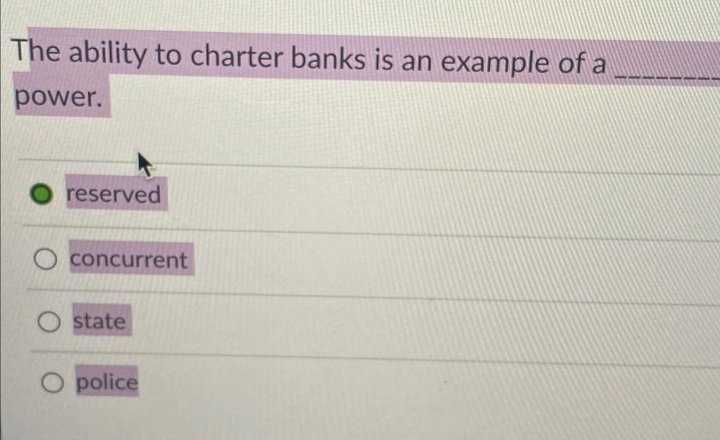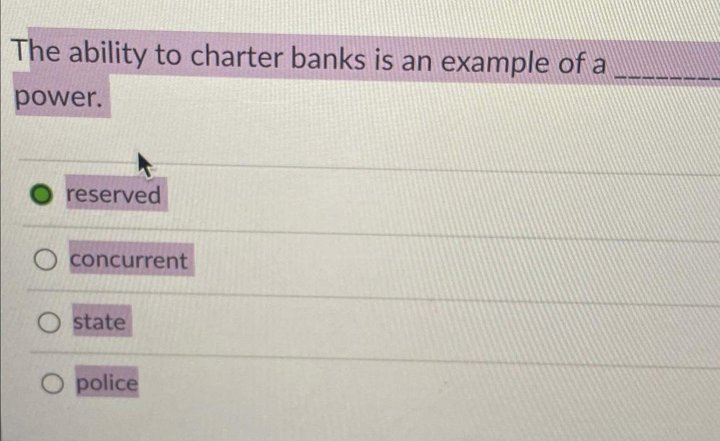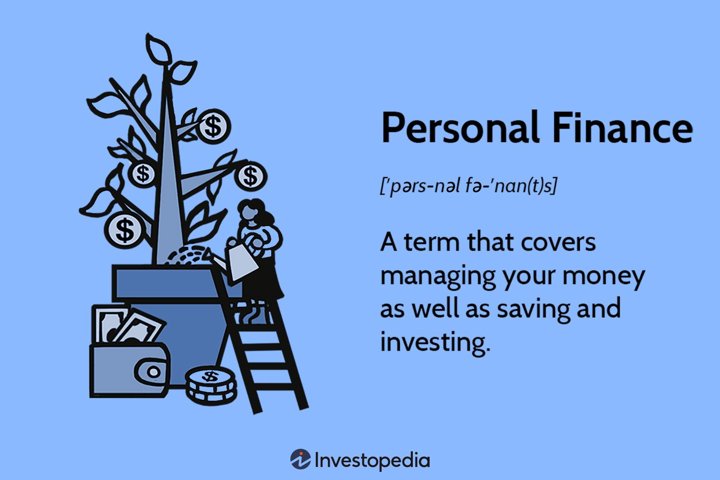Unlocking the Power of Charter Banks: A Review
In today’s fast-paced financial landscape, having access to a reliable and secure banking system is crucial. One way to achieve this is by chartering your own bank. But what exactly does it mean to charter a bank, and why is this power so important?
Overview: The Power of Charter Banks
A charter bank is a financial institution that has been granted the authority to operate as a commercial or investment bank by a government agency. This special privilege allows the bank to issue its own stocks and bonds, accept deposits from customers, and make loans to individuals and businesses.
- With this power comes great responsibility, as charter banks are subject to rigorous regulations and oversight designed to ensure the stability of the financial system.
- This unique ability also offers numerous benefits for entrepreneurs, small business owners, and even large corporations seeking to expand their financial capabilities.
Whether you’re looking to start a new venture or grow an existing one, charter banks can provide the necessary financial tools and support to help your business thrive. In this review, we’ll delve into the world of charter banks and explore what makes them such a powerful force in the financial industry.

The Power of Charter Banks: A Review
In today’s fast-paced financial landscape, having access to a reliable and secure banking system is crucial. One way to achieve this is by chartering your own bank. But what exactly does it mean to charter a bank, and why is this power so important?
Pros:
- Financial Flexibility:** With the ability to charter a bank, entrepreneurs and small business owners can access the financial tools they need to grow their operations. This includes issuing stocks and bonds, accepting deposits from customers, and making loans to individuals and businesses.
- Innovative Financing Options:** Charter banks offer unique financing options that can help businesses overcome liquidity challenges or secure funding for specific projects.
- Regulatory Compliance:** As a chartered bank, institutions are subject to rigorous regulations and oversight designed to ensure the stability of the financial system. This provides an added layer of security for customers and investors.
Cons:
- Risk Management:** Charter banks carry significant risk, as they are responsible for managing their own assets and liabilities. This requires a deep understanding of the financial market and a solid risk management strategy.
- Liquidity Challenges:** As a chartered bank, institutions may face liquidity challenges if they fail to manage their cash flow effectively. This can lead to difficulties in meeting customer demands or settling obligations.
- Oversight and Regulation:** While regulations provide stability, they can also be burdensome and limit the charter bank’s ability to innovate or adapt to changing market conditions.
Whether you’re looking to start a new venture or grow an existing one, charter banks can provide the necessary financial tools and support to help your business thrive. In this review, we’ll delve into the world of charter banks and explore what makes them such a powerful force in the financial industry.
Overall Opinion
After reviewing the benefits and drawbacks of charter banks, I am impressed by their potential to provide financial flexibility, innovative financing options, and regulatory compliance for entrepreneurs and small business owners. However, it’s crucial to consider the risks involved, such as risk management, liquidity challenges, and oversight regulations. Overall, charter banks can be a powerful tool for businesses looking to grow and thrive in today’s fast-paced financial landscape.
Before making a decision, I recommend checking out some other great deals below:









